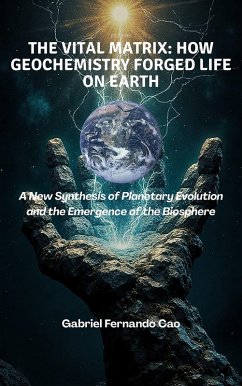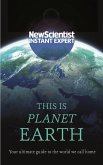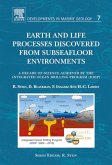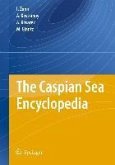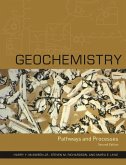The work seeks to dismantle the notion of life as a 'fortunate accident' or 'miracle'-an idea popularised by the 'Chance and Necessity' school of thought. To this end, it reintroduces and elevates the concept of the biosphere as the fourth geosphere, on equal footing with the lithosphere, hydrosphere, and atmosphere.
A central argument of the book is that biochemistry did not arise ex nihilo but represents a direct and sophisticated continuation of organometallic chemistry occurring at the interface between lithosphere and hydrosphere.
Challenging the traditionally assumed causal order in the origin of life (genes → enzymes → metabolism), the book proposes a 'metabolism-first' model. According to this view, complexity arises from the bottom up, progressing through a series of stable intermediate phases.
The author contends that a self-sustaining metabolic network-specifically the reductive Krebs cycle (rTCA)-emerged first. Upon this scaffold, cofactors (organic tools such as vitamins) evolved, enabling biochemistry to "lift off the rocks" and gain increasing autonomy. Only within this chemically ordered context could the complex machinery of genetic translation be assembled.
Beyond offering a historical narrative, the book grounds its thesis in fundamental physical principles, particularly those governing phase transitions in far-from-equilibrium systems, thereby providing a thermodynamic foundation for the emergence of biochemical complexity.
Dieser Download kann aus rechtlichen Gründen nur mit Rechnungsadresse in A, B, CY, CZ, D, DK, EW, E, FIN, F, GR, H, IRL, I, LT, L, LR, M, NL, PL, P, R, S, SLO, SK ausgeliefert werden.

